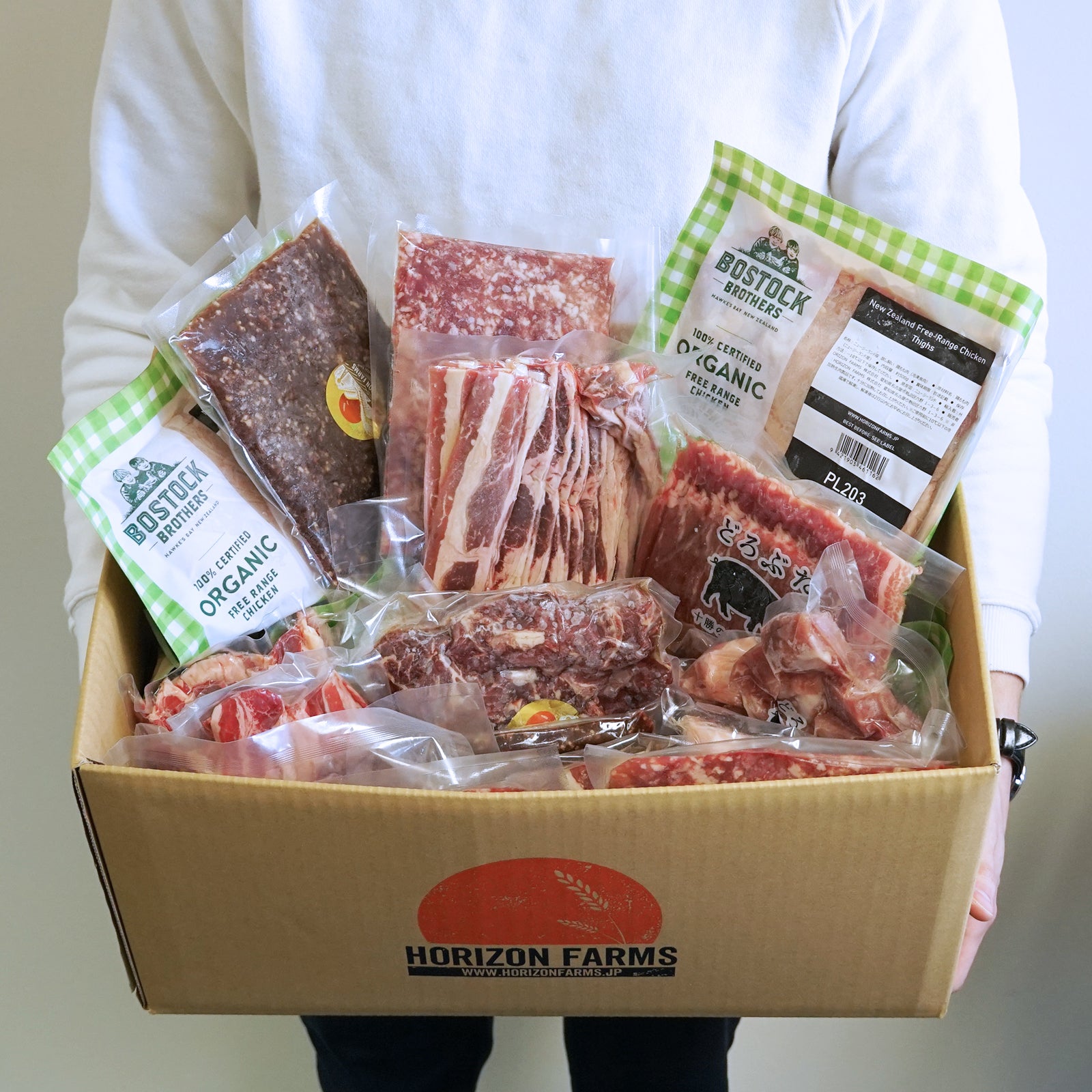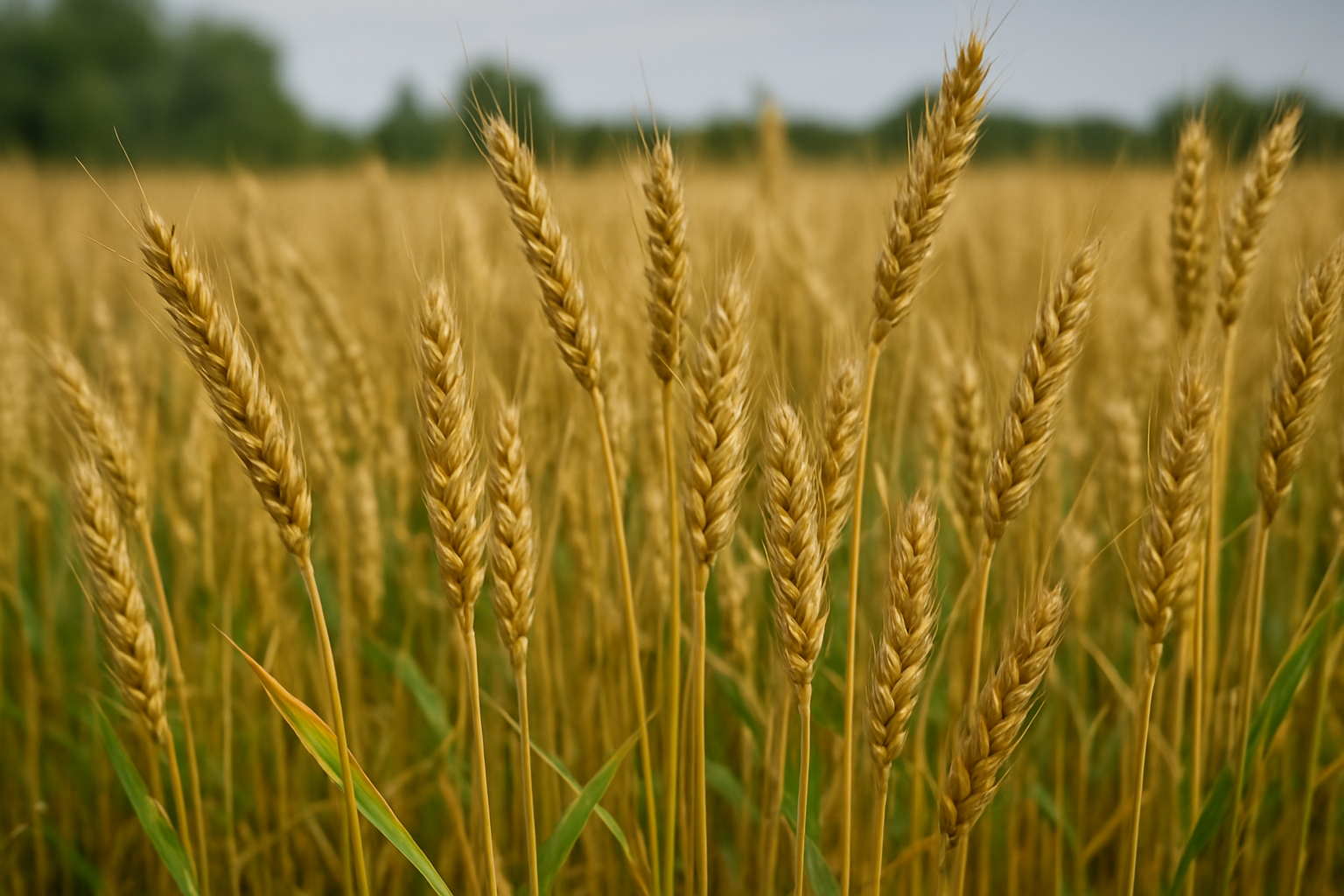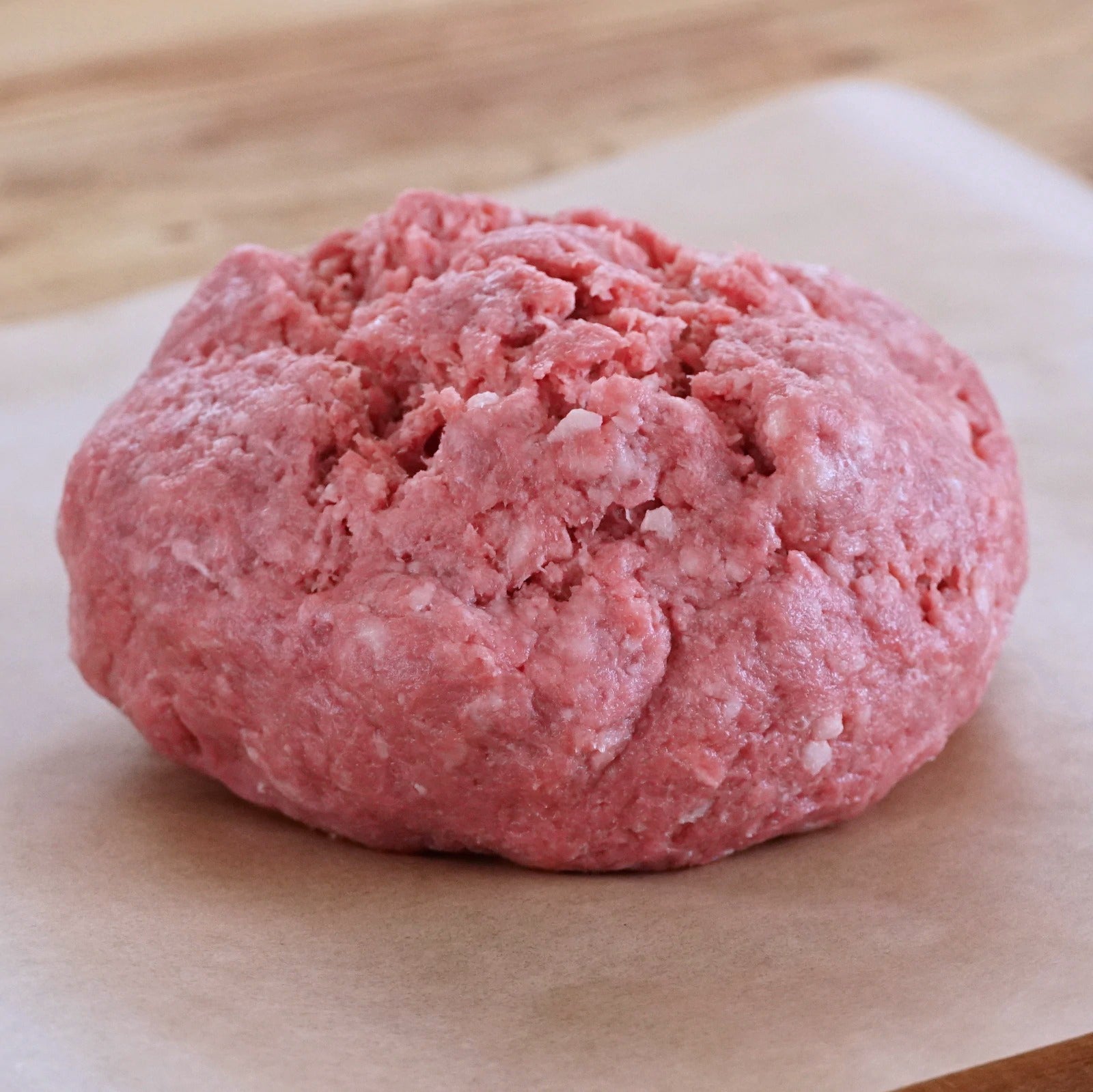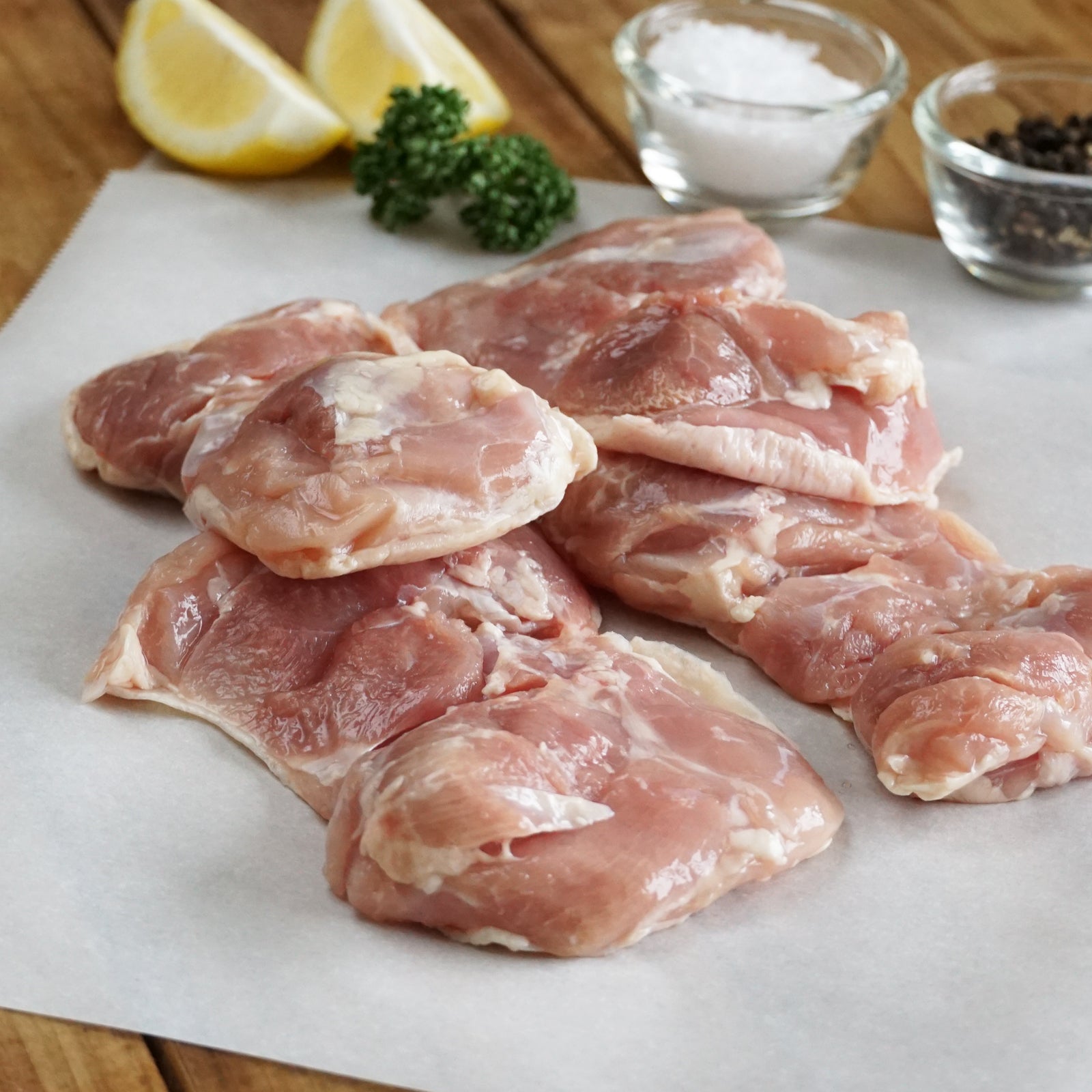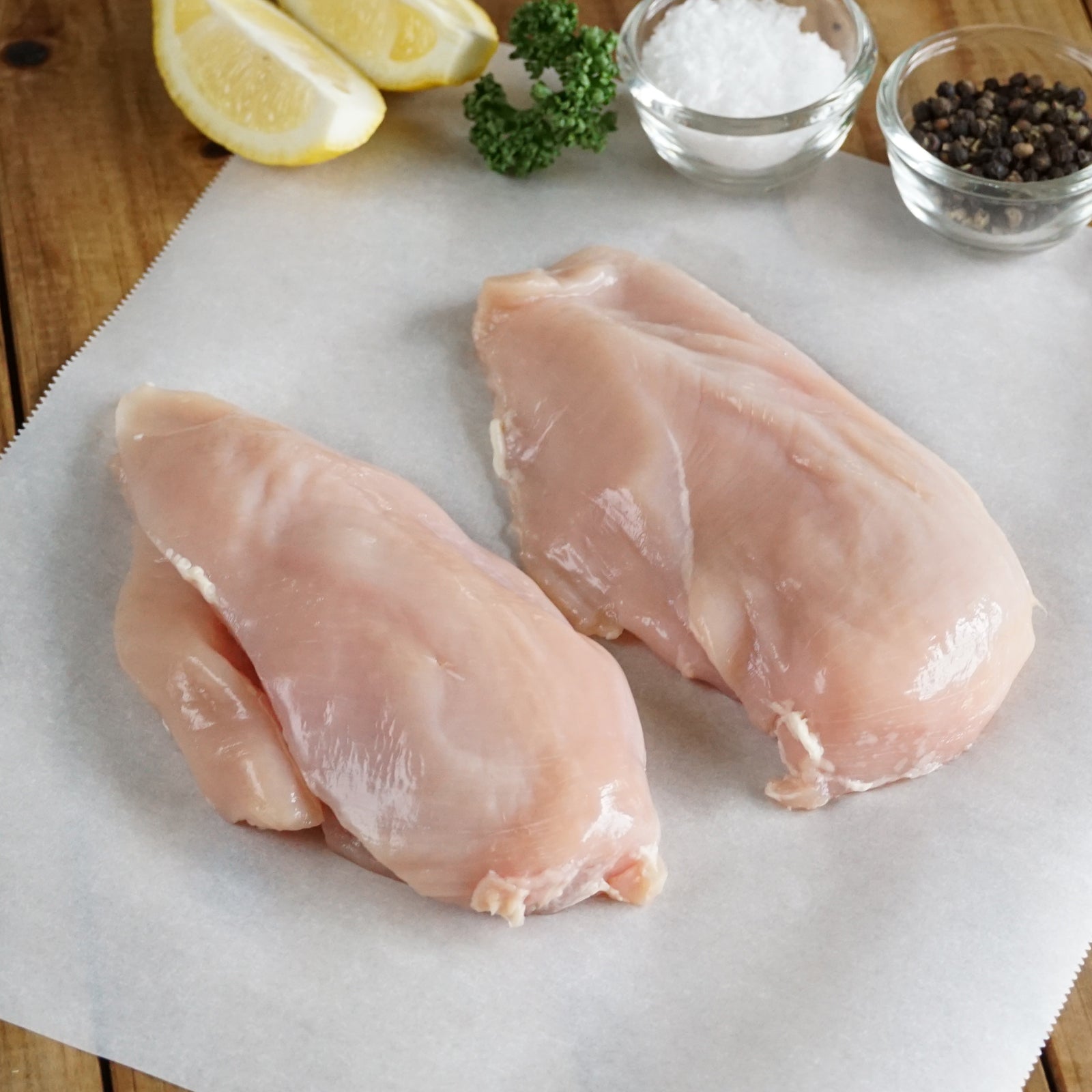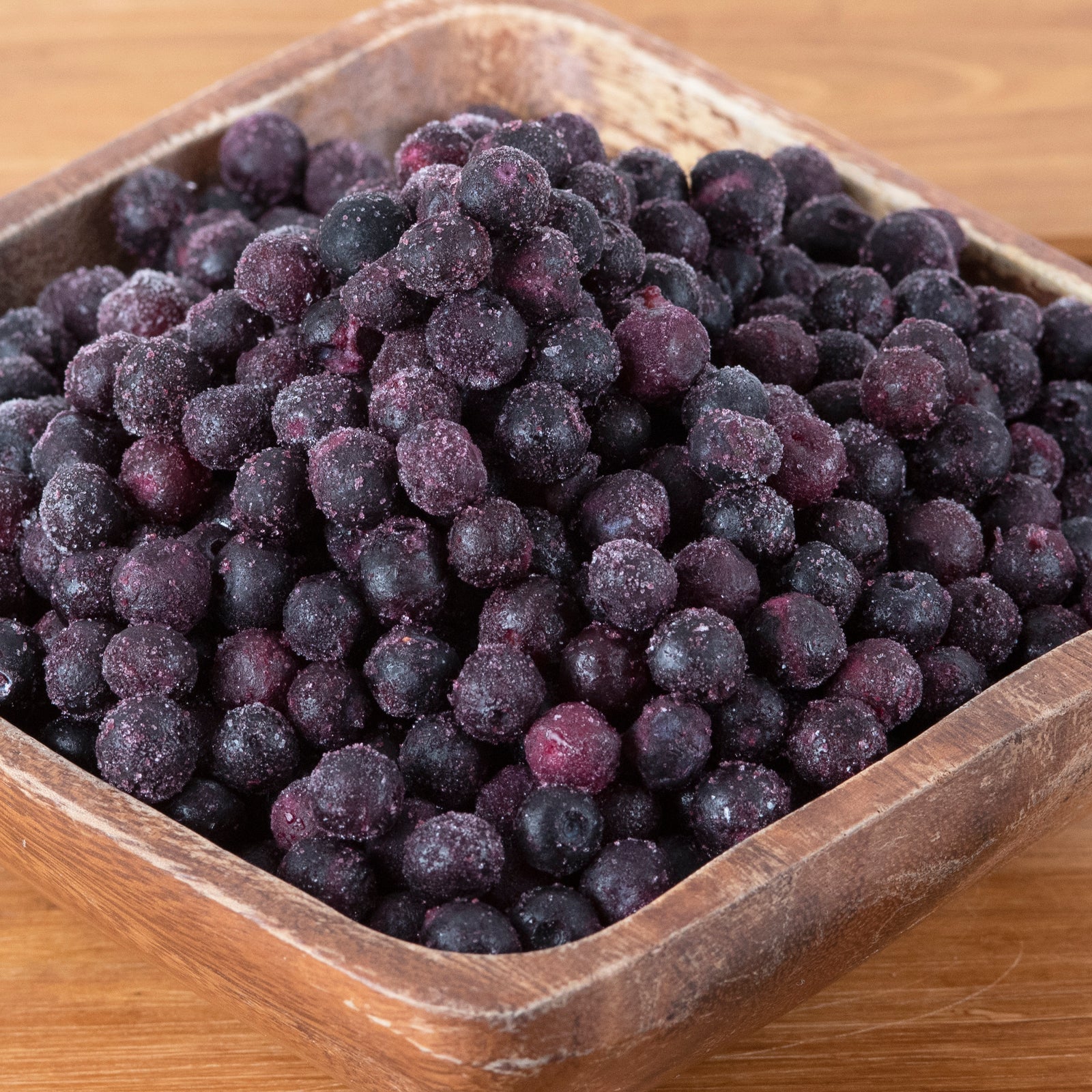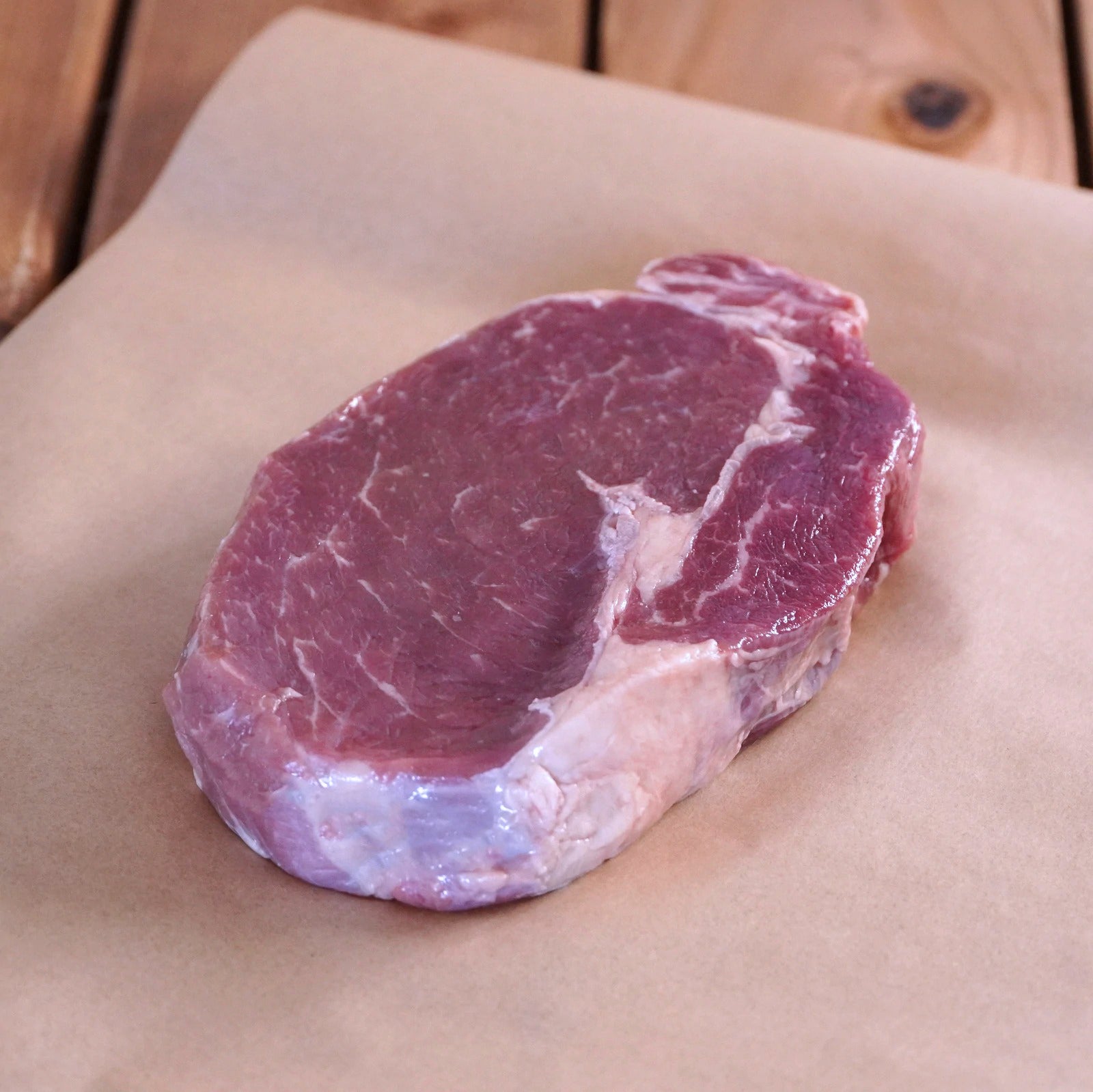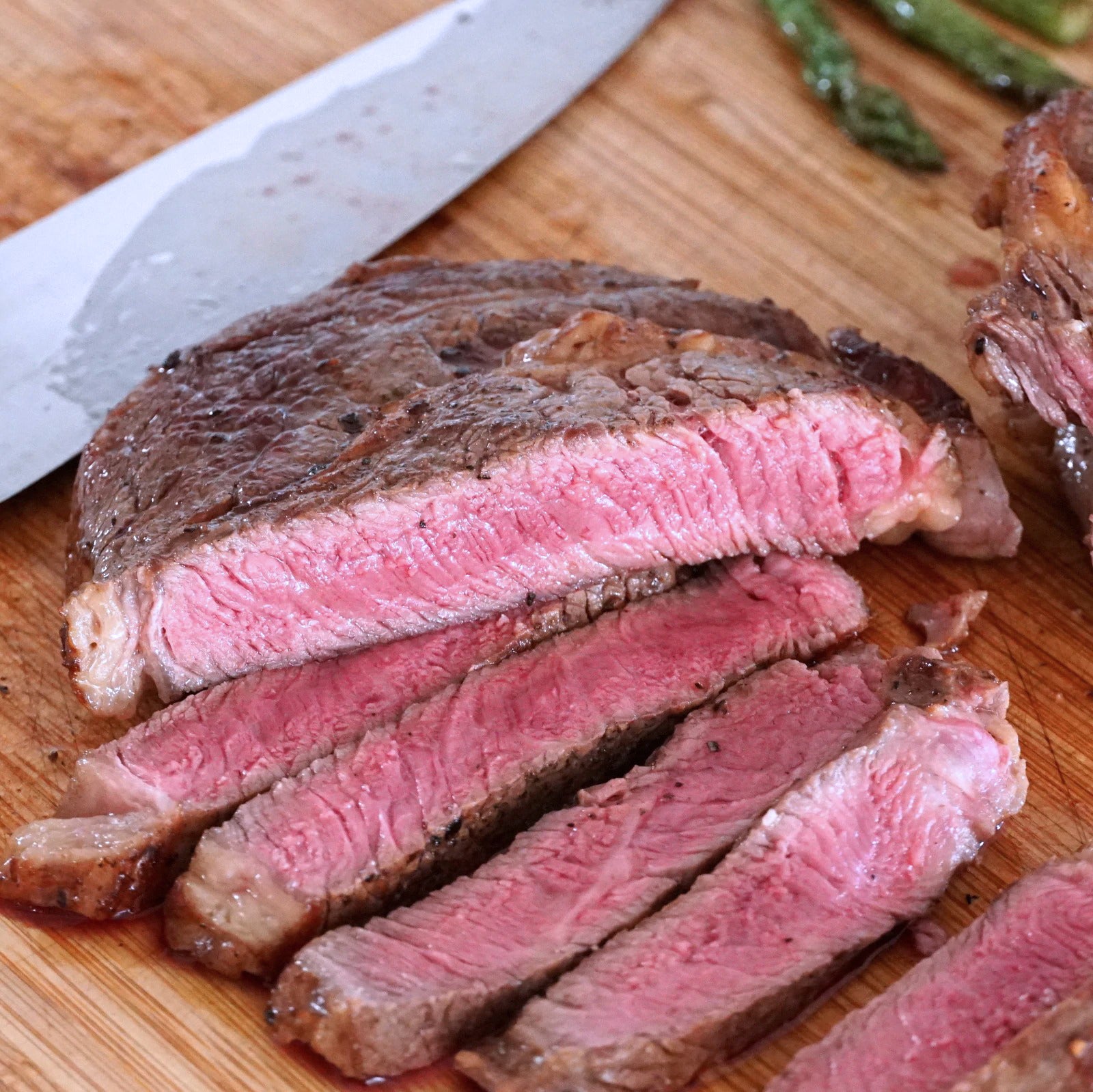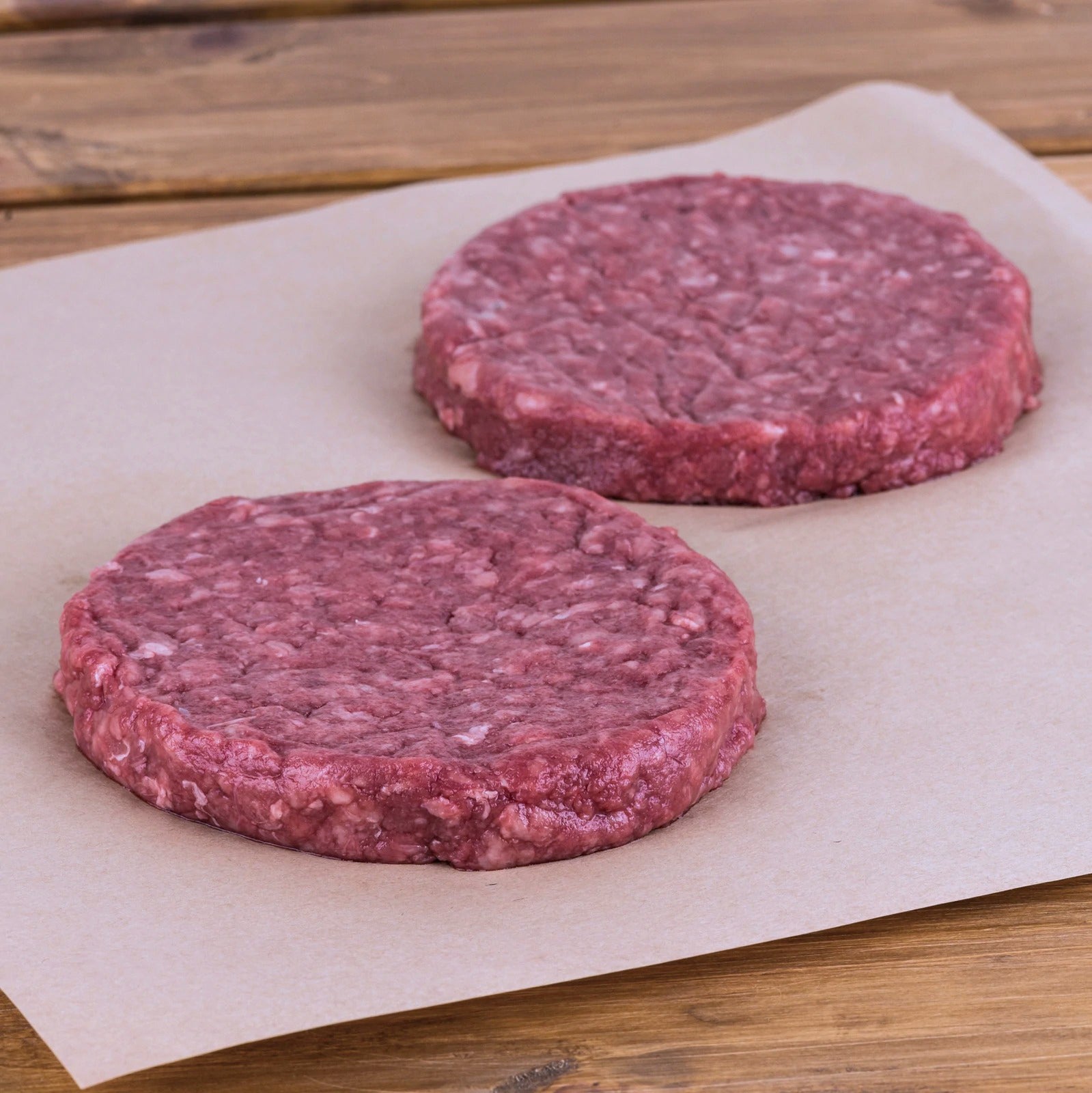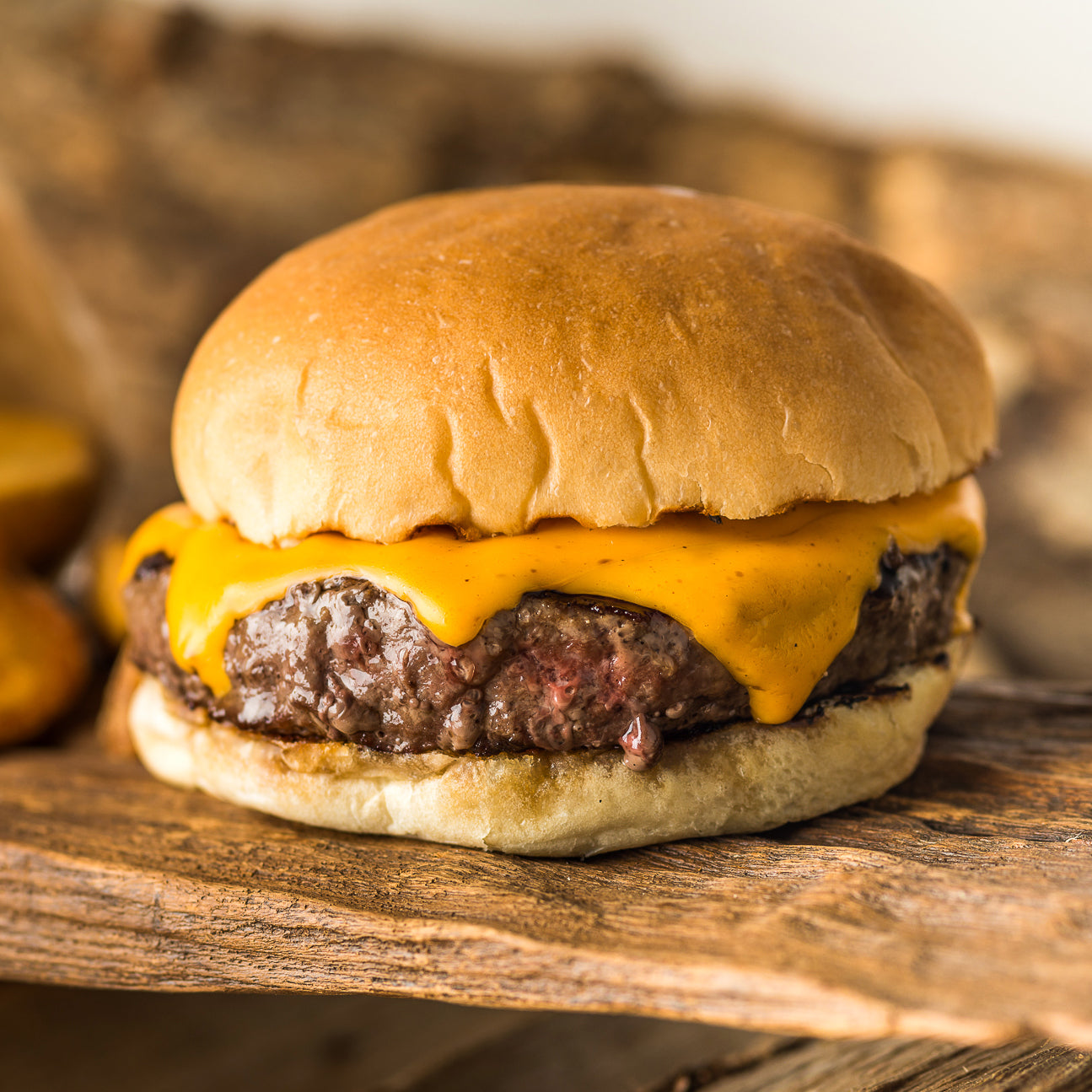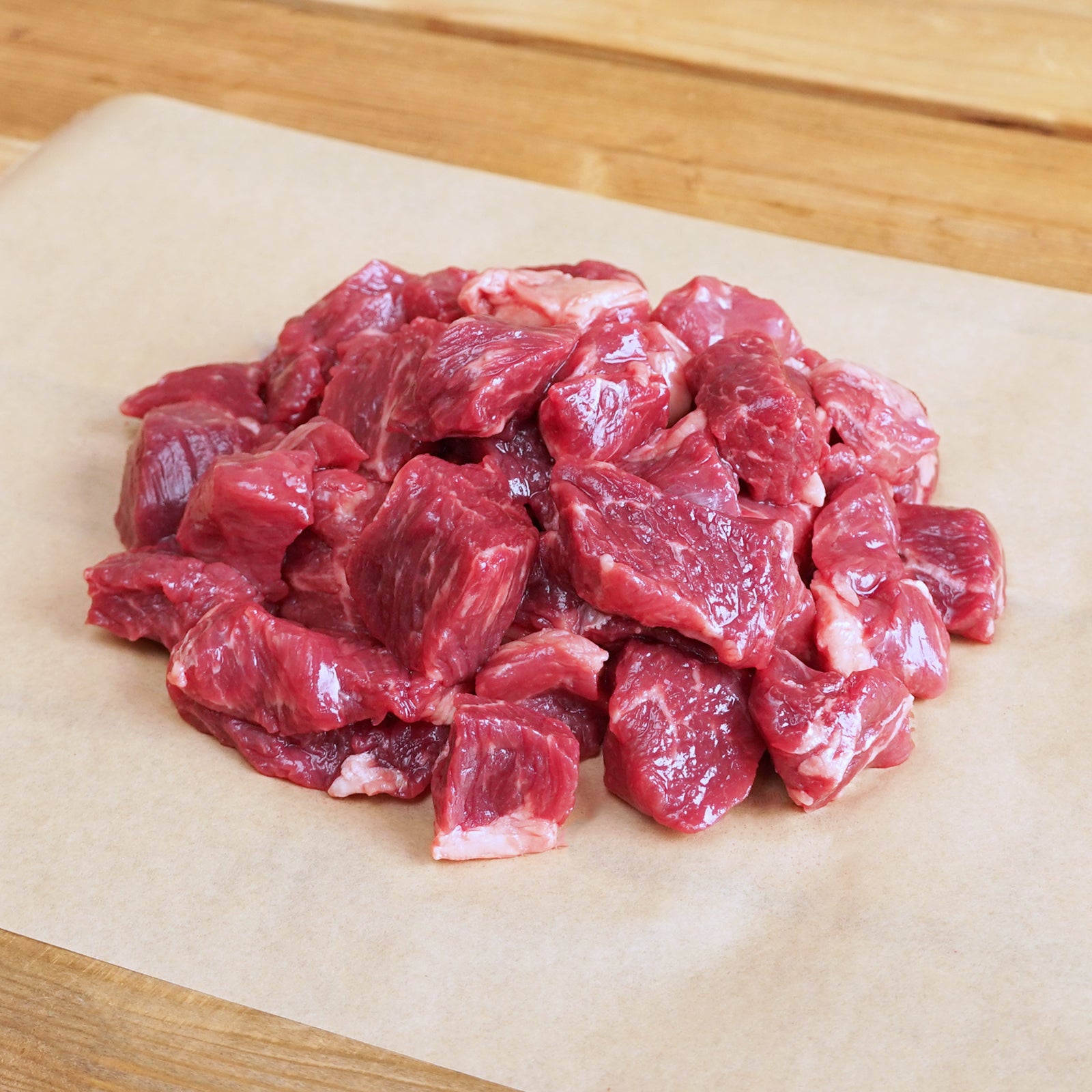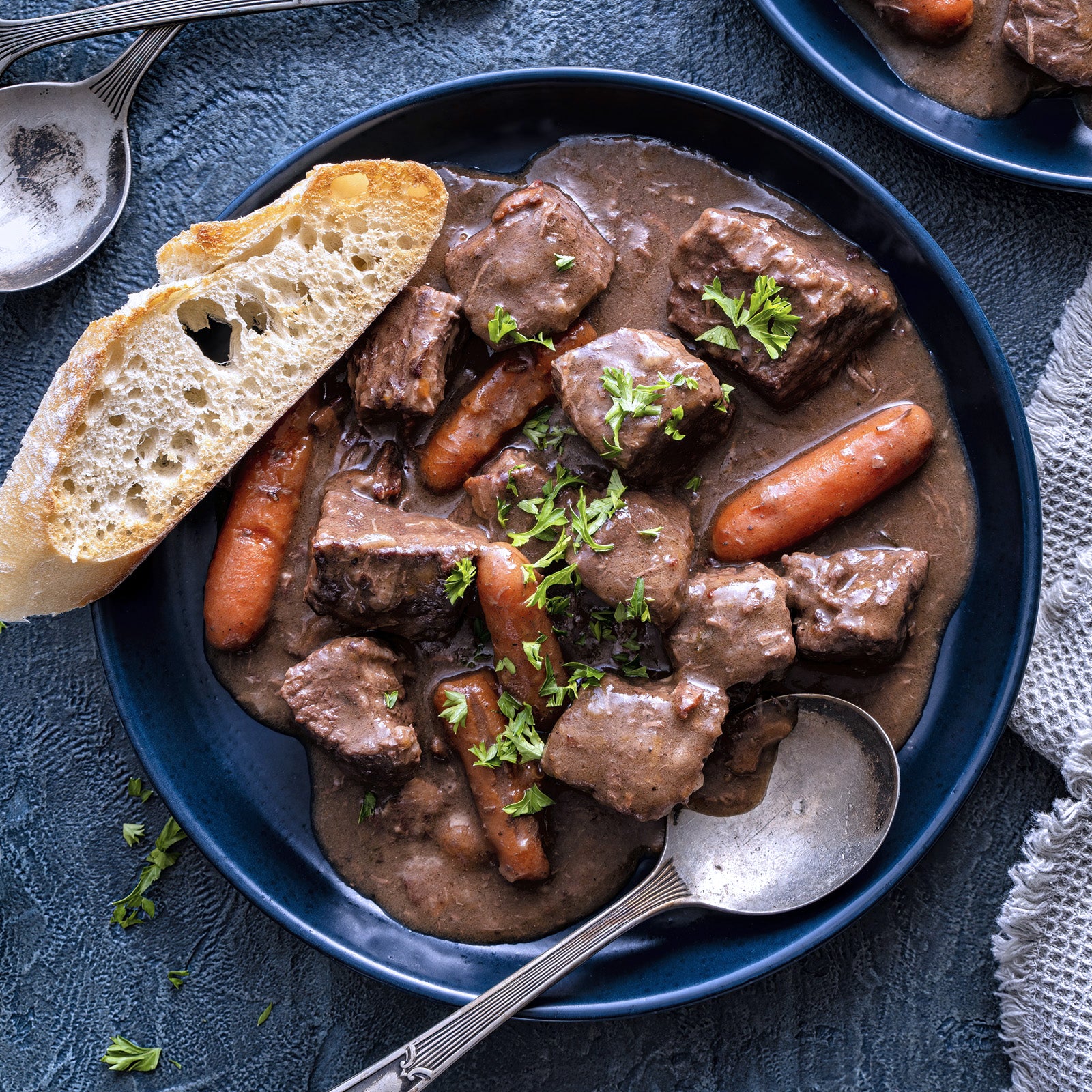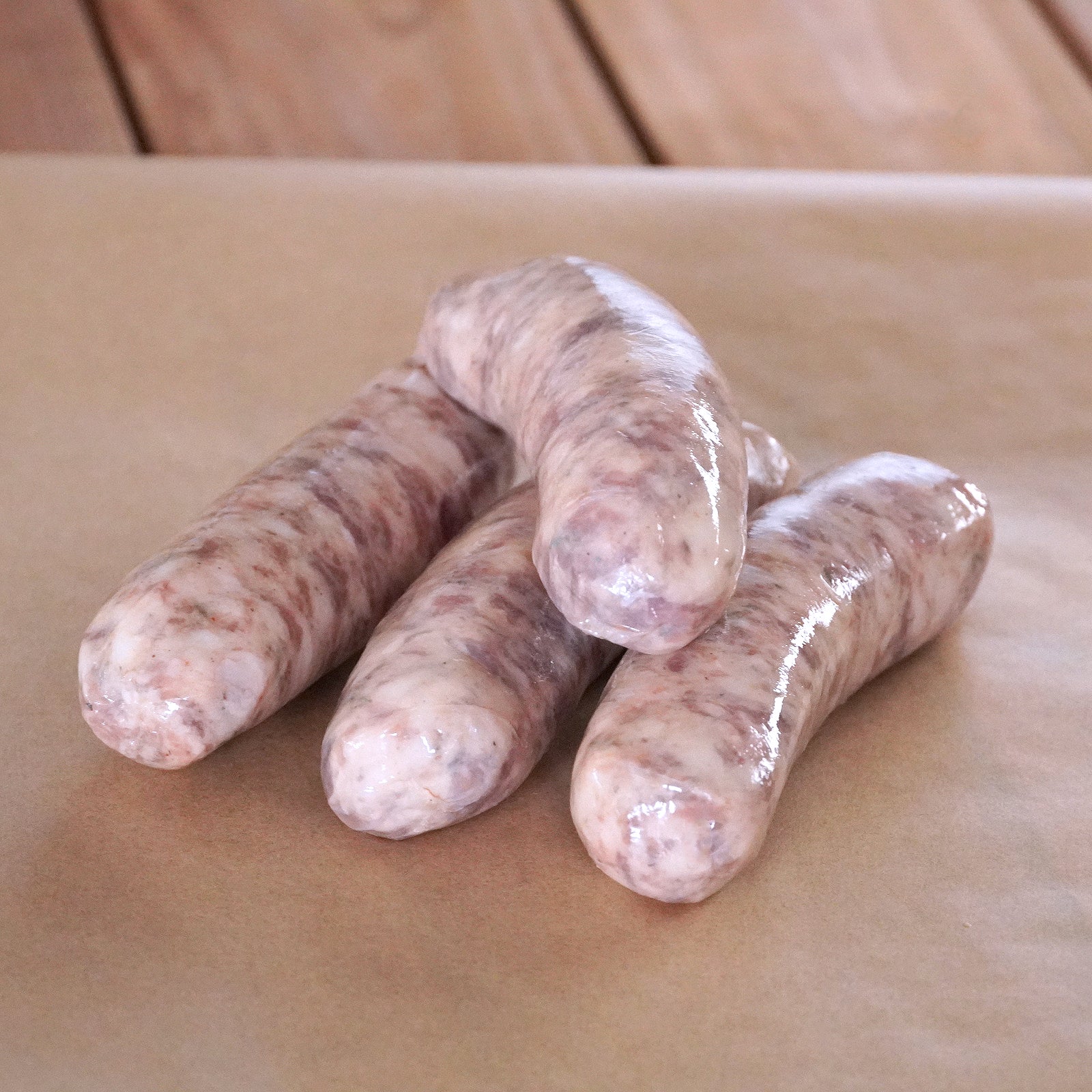What is sustainable seafood?
Sustainable seafood refers to fish and other marine products sourced through ecologically responsible and socially conscious practices, ensuring the long-term health and viability of aquatic ecosystems. This approach involves managing fisheries to prevent overfishing, protecting habitats, and minimizing environmental impact. Sustainable seafood aims to balance economic, environmental, and social factors, ensuring that the harvesting of aquatic resources does not compromise the ability of marine ecosystems to replenish themselves. By promoting responsible fishing practices and aquaculture methods, sustainable seafood seeks to meet present needs without jeopardizing the availability of seafood for future generations.
Current Issues
1. Overfishing
Overfishing occurs when the amount of fish and aquatic resources caught exceeds their ability to regenerate. This can lead to a decrease in fish populations and potentially have severe ecological impacts, affecting interconnected regions.
2. Habitat Destruction and Pollution
Certain fishing methods can cause physical damage to the seafloor and other underwater habitats. These methods involve dragging heavy gear along the ocean floor, destroying coral reefs, seagrasses, and other essential habitats. The destruction of vital environments like coral reefs and seagrasses can reduce the abundance of marine life and introduce pollutants that affect ecosystems, potentially impacting humans through the food chain.
3. Bycatch
Non-sustainable fishing often leads to high rates of bycatch, the unintentional capture of non-target species. Bycatch can include juvenile fish, marine mammals, seabirds, and other unintended organisms. The discarded bycatch, if not already dead, often suffers injuries or stress, contributing to the decline of these non-targeted species.
Challenges for Improvement
To address overfishing, proper resource management plans based on fishing limits, seasons, and habitat protection are essential. Bycatch can be minimized through fishing restrictions, setting closed areas, and using specific gear. Aquaculture is also a means of addressing these issues, but it must be done sustainably, considering factors such as the sustainability of juvenile fish and feed.
Horizon Farms' Sustainable Seafood
Sustainable Certified Seafood
Many of our seafood products have undergone rigorous certification processes, clearing strict standards to prove their sustainability. We look for certifications that will give us the confidence to offer them to our customers. It's not a bad idea to look for these certifications when purchasing seafood, as they serve as reliable indicators.
Special Initiatives / Programs
Here at Horizon Farms we often introduce sustainable seafood that is caught and farmed under special initiatives of the home country's government and other organizations. For example, our wild-caught hoki is caught under the New Zealand Government's Ministry of Primary Industries' quota management system and fisheries laws. Or our high-quality salmon, for example, is sourced from fish raised in a sustainable, near-natural aquaculture environment in a large aquaculture pond off the coast of Tasmania.
In Conclusion
Choosing responsibly produced seafood can contribute to preserving aquatic resources for the future. Horizon Farms collaborates directly with aquaculture facilities, markets, and fishermen to offer sustainably sourced seafood. Products are introduced with confidence, having confirmed the absence of additives, growth hormones, antibiotics, and other potentially harmful substances. Explore our sustainable seafood products for a selection you can trust.
Click here to checkout out all of Horizon Farm's sustainable seafood.
Disclaimer: Please note that while our explanations are correct they are very simplified for shortness and understanding. We encourage you to do further research on this topic.
 |
About the author: Sam Tumeh (Founder & CEO of Horizon Farms, Inc.) has joined the consumer food and meat industry of Japan in 2010. |


